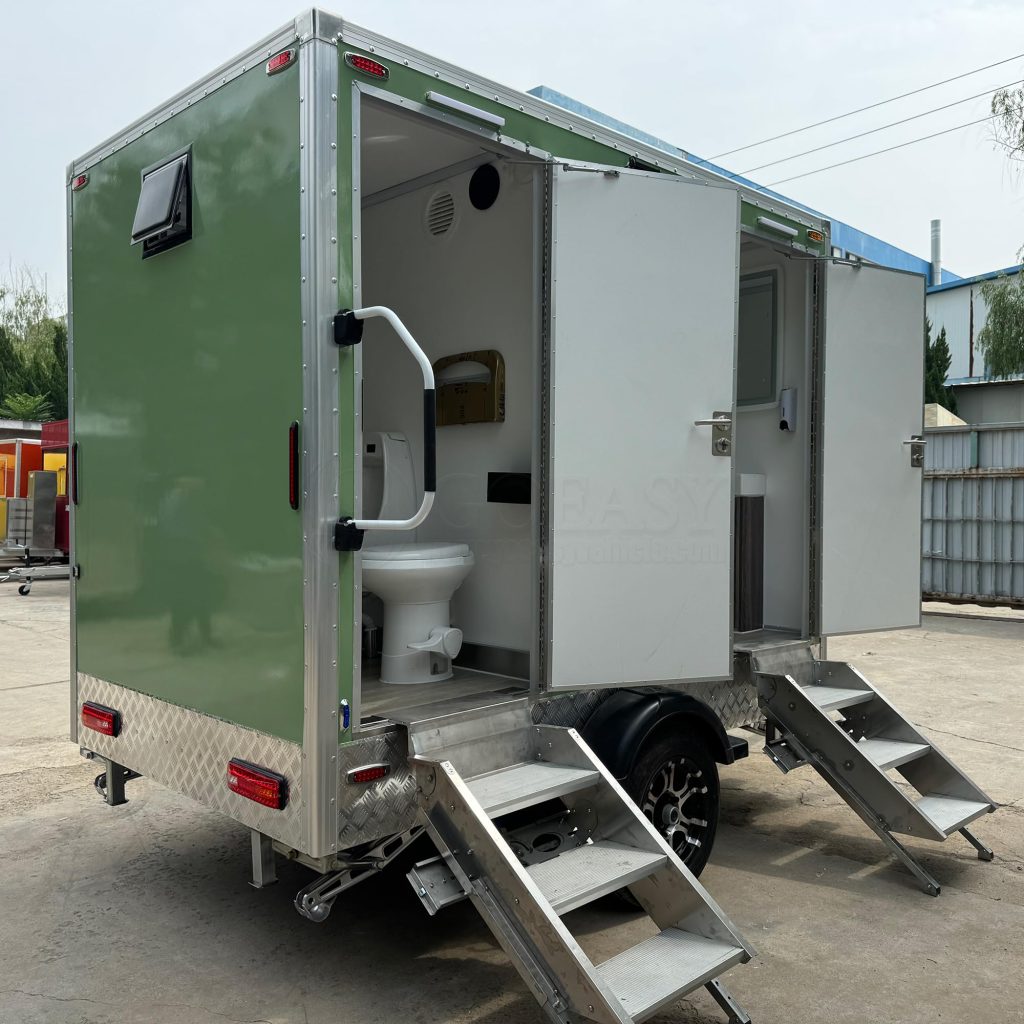Cold storage warehouses are employed for storing products that require temperature control from the moment they are produced, all the way to when they are delivered to their clients. This requires a specialized workforce that faces many distinct dangers.
These hazards include cold-induced illnesses like hypothermia and slips and falls on cold floors. A proper training program and prevention strategies are essential to reduce the risk.
Practices
Cold storage warehouses are used to keep goods that require certain temperatures in good shape at the time of their creation until they reach their final consumers. This requires a precise control system and effective inventory management, which are both important for quality assurance and safety.
It is crucial to educate employees on the proper methods to use machinery and other materials in cold temperature areas including appropriate lifting techniques and getting rid of spills as quickly as possible. This reduces the risk of back injuries, musculoskeletal strain and fatigue, and also prevents the spread of bacterial infections.
Workers must also take regular breaks to ensure they don’t work in sub-zero or freezing conditions for prolonged durations. They should leave immediately if they notice signs of hypothermia such as excessive shivering, or drowsiness.
It is also beneficial to create and practice contingency plans for breakdowns of equipment or power, so that entire shipments do not get damaged. This can be as simple as keeping spare parts for your forklift available to repair malfunctioning machines, or establishing relations with logistics firms that can quickly deliver frozen products when there are delays or transportation issues.

Warehouse Security at low temperatures
Cold storage rooms and warehouses create new hazards at work for workers. They range from health concerns like hypothermia to ice accumulations on floors, stairs and ladders.
It is possible for fire to occur, which may appear counterintuitive in these areas since they are home to large amounts of combustible goods, such as frozen foods and processed dairy goods like butter and cheese. These facilities also often lack sprinkler systems that can quickly put out flames.
Ensure that all employees have appropriate attire for work when working in cold storage areas. Wearing layers of clothing as well as gloves with gripping surfaces and insulated shoes are all part of this. These essentials will boost efficiency as employees are more relaxed.
Setting up preventative safety measures is the last step. This includes regularly inspecting cold storage areas to ensure that there isn’t any ice accumulation and cleaning areas properly to prevent fall-and-slip hazards. You should also create emergency exits which can be opened from inside the room and install a battery backup alarm and lighting system to ensure that employees are never mistakenly locked into cold storage.
Cold Storage Workers: PPE
Cold storage facilities protect the quality of food products such as pharmaceuticals, food items, and other items to help consumers around the world. However, these specialized environments can present unique dangers to the health of workers. Regular training sessions and adhering to safety and legal standards can reduce these risks and ensure that staff’s health is protected.
Clothing that is cold-conditioned is required to work in blast freezers as well as refrigerated storage facilities. Insulated gloves, insulated boots and waterproof coveralls that repel moisture can mitigate the dangers of cold temperatures. These items can also help workers avoid frostbite, cold, and trench foot.
In the same way, anti-slip tape may enhance traction on slippery floors, especially in areas that see a lot of foot traffic, and also in areas that have access points to freezers and coolers. Tape is also used to designate walkways, warning zones, and other dangers within kho lanh facilities.
Warehouses and cold storage spaces can pose a serious fire risk, especially as they house numerous combustible materials like cardboard and styrofoam. Sprinkler systems are a crucial first step in reducing the risk of a fire in any facility. They should be regularly tested to ensure that they do not trigger false alarms.
Slip and Fall Preventive measures in Warehouses
In warehouses, slips and falls are a common cause of injury. Although these incidents aren’t as serious as the impact of forklifts, could cause serious injuries such as fractured bones or concussions. To reduce this danger, make sure your facility is fit-for-purpose and regularly inspected for hazards that could cause a trip. Also, invest in anti-slip floor mats and mats designed to increase the traction in areas with high risk, such as entrances and doorways. These tapes and mats can be used with signage that alerts workers to take caution or highlight hazardous areas.
Cold storage facilities present unique risks that must be dealt with using specialized precautions. These include cold stress, where greater bodily heat loss occurs in cold conditions leading to the onset of frostbite or hypothermia. To avoid this, ensure that all employees are wearing PPE and are able to access warm drinks and heaters. Additionally, ensuring sufficient lighting throughout the warehouse is vital to avoid accidents.
Cold Storage Emergency Protocols
Cold storage warehouses and low temperature rooms present unique challenges to safety. There are numerous safety concerns in the field of cold storage, from hypothermia and other illnesses related to cold, as well as slippery floors and mechanical dangers.
These rooms are vulnerable to fires due to the fact that many of the items stored there are combustible. Frozen foods and processed dairy products are typical examples of cardboard boxes and polystyrene trays. A fire in 2017 destroyed a 60,000 square-foot facility used to store speciality cheeses.
Businesses should install sprinkler systems and test them frequently to ensure that they are functioning effectively. Employees must be taught how to respond in the event an incident of fire. This might include evacuation procedures, as well as instructions regarding where to go and who to call. Finally, companies should develop and communicate their emergency protocol for power outages, equipment malfunctions or fires in their facilities. This can help reduce the response time and also reduce the risk of injury to employees.





